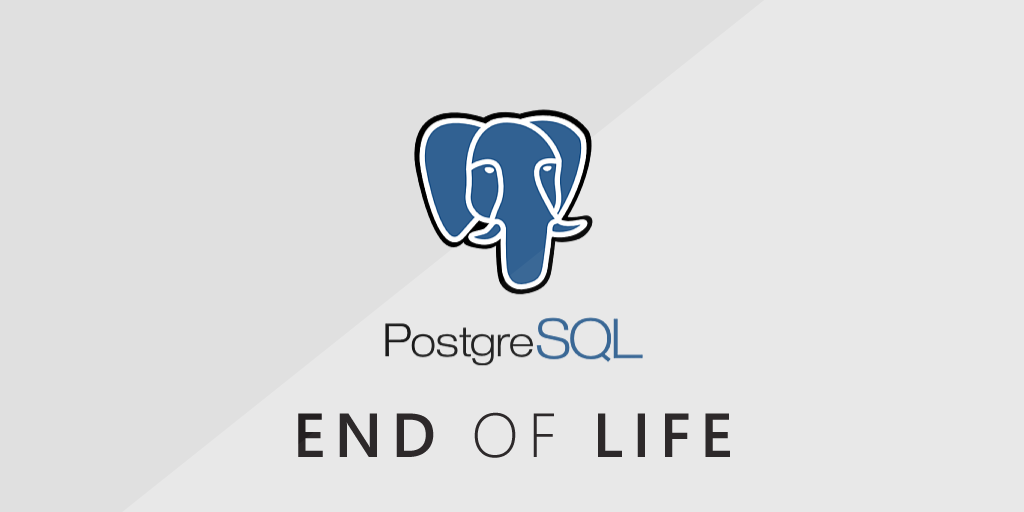
PostgreSQL 10 is going end-of-life on November 10, 2022. The popular open-source object-relational database system is ending support for version 10 after just over 5 years.
What is PostgreSQL?
PostgreSQL or POSTGRES, is a popular open source object-relational database system designed to extend SQL and contains many features to work with complex data workloads. PostgreSQL was originally part of a project of the University of California, named POSTGRES. This project started in 1986 and since then the platform has continued development. Thanks to the software being open-source, the community has driven innovation and performance throughout the years leading to a great feature set.
PostgreSQL is available for all major operating systems and received its first ACID-compliant status in 2001. Over the years it has become one of the most popular open-source IT projects.
PostgreSQL Lifecycle
PostgreSQL released a new major version every year, aside from containing bug fixes and security fixes, major versions also contain new features. In between major versions, minor versions are also released, these updates do not contain new features but are focused on bug and security fixes. Minor versions are released at least once every 3 months. If an issue is deemed critical enough, a new version might be available sooner.
Major versions are supported for 5 years after the initial release date. Once the 5 year period comes to an end, one last minor version is released with fixes before the version goes end of life and is no longer supported.

To check which versions of PostgreSQL you have in your IT environment, we’ve created a specialized color-coded report that indicates when PostgreSQL versions installed in your network will be going end of life. Prevent any security issues by ensuring your PostgreSQL installations are supported and get the latest security patches and updates.
